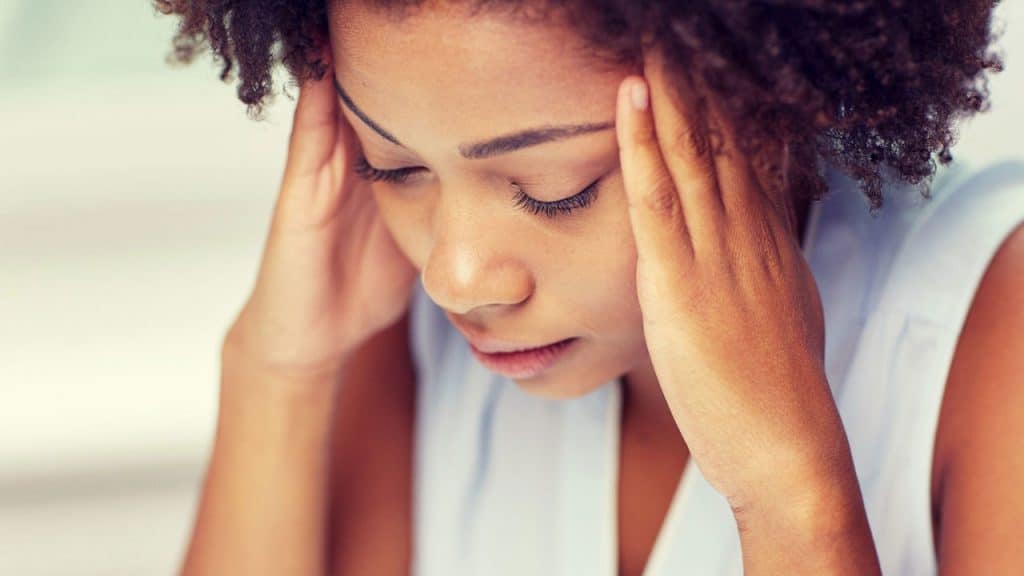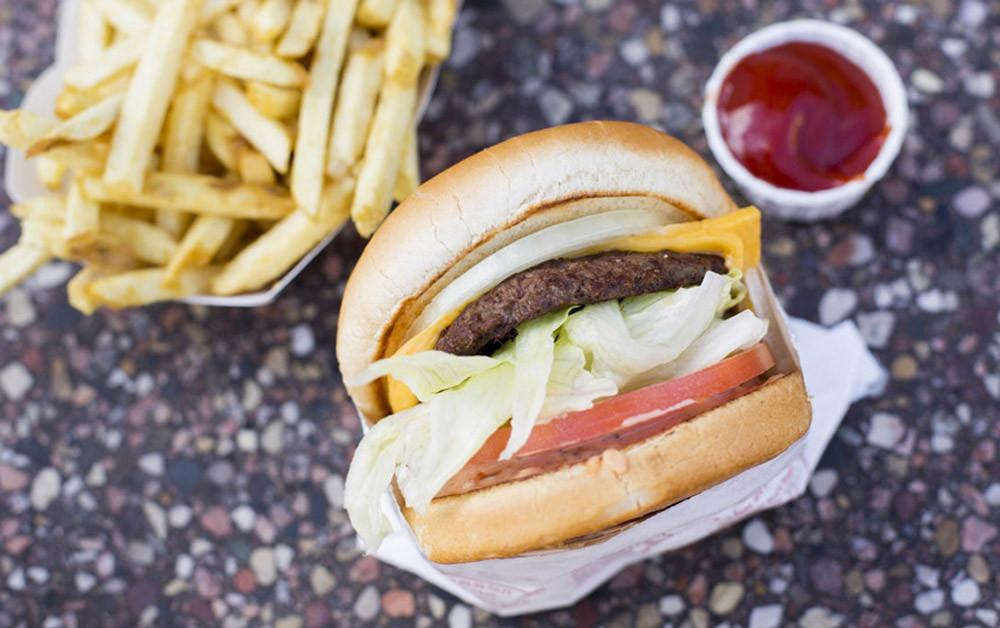You might not know the exact clinical definition of depression, but you’re probably aware that it involves prolonged periods of low mood that interfere with your ability to live healthily and productively. You may also know that there are different types of depression, though you might not understand the differences.
Depression comes under the heading of what are known as mood disorders. Unsurprisingly, these are conditions that interfere with your mood. They’re generally divided into the depressive disorders, which make you feel low, and the manic disorders, which elevate your mood. Then there’s a third group, where you cycle between the extremes, like in bipolar disorder.
Major depressive disorder may be what you think of when you think of depression. It means at least two weeks when your mood is particularly low and where often you lose interest in things that you normally love. If the symptoms are milder but last even longer, it could be a sign of dysthymia, or persistent depressive disorder.
Where it gets tricky is when your mood disorder is not just depression alone. Bipolar may involve periods of extremely low mood, but these will cycle with times when you experience mania and have almost too much energy and excitement. The cousin of bipolar is cyclothymic disorder, with hypomania instead of mania and mild instead of major depression.
That’s even before we get to things like schizoaffective disorder, which combines the symptoms of bipolar disorder with aspects of schizophrenia. All these conditions may interfere with your mood and could include depressive aspects, but the symptoms may vary, and so will the possible treatments.
If you’re depressed because you have major depressive disorder, you may be prescribed antidepressants. If you’re depressed because you’re on the downswing of bipolar disorder, antidepressants may push you over into a manic state. That’s why mood stabilizers tend to be the first drug of choice for bipolar disorder and cyclothymic disorder.
Knowing that there are different kinds of mood disorders and that even depression has its subtypes doesn’t mean that one condition is better or worse than the other. Any depression can cause major disruption and difficulty in your life. It means that treatment can be more targeted, and you can gain a better understanding of how your specific condition works and how to manage it in the best way for you.




